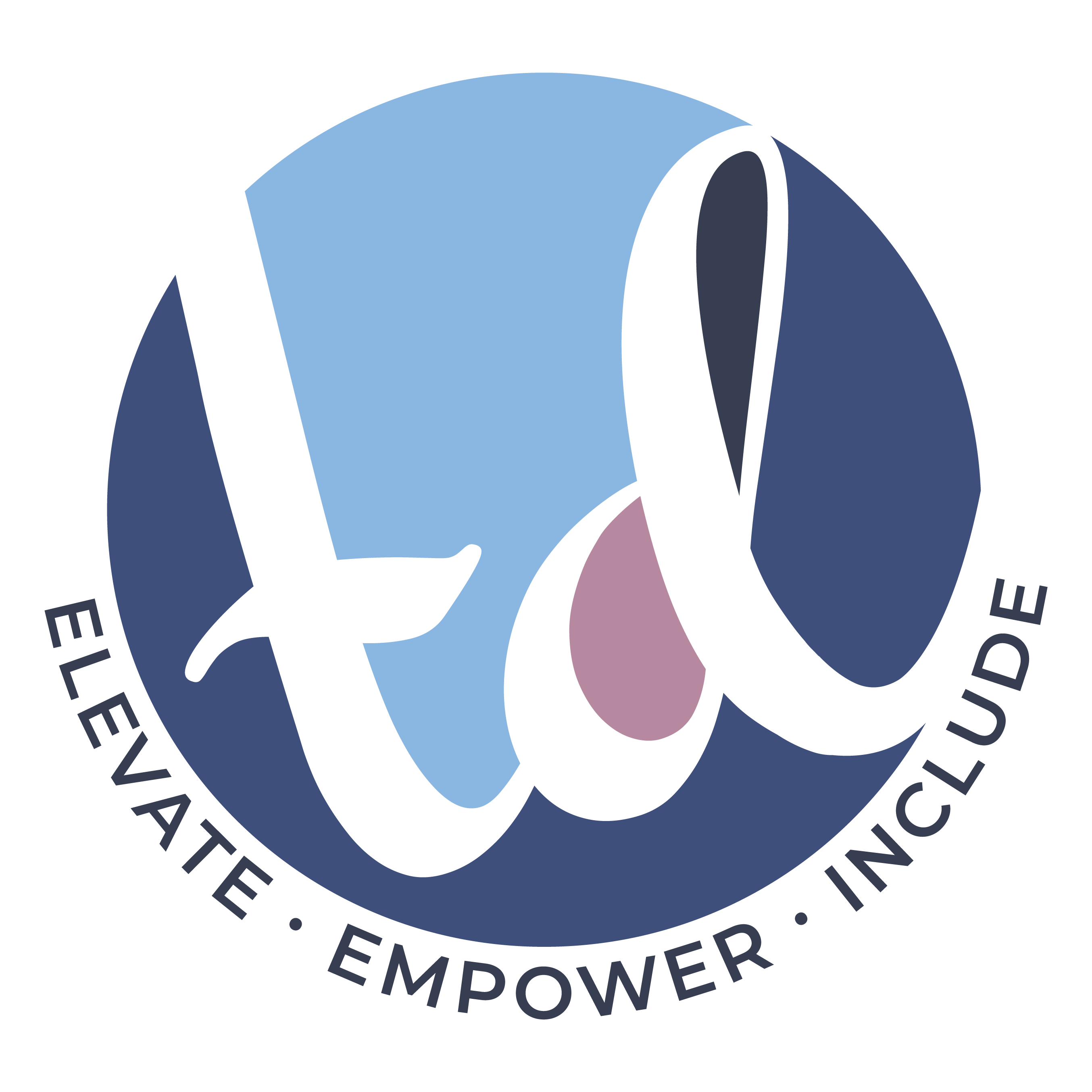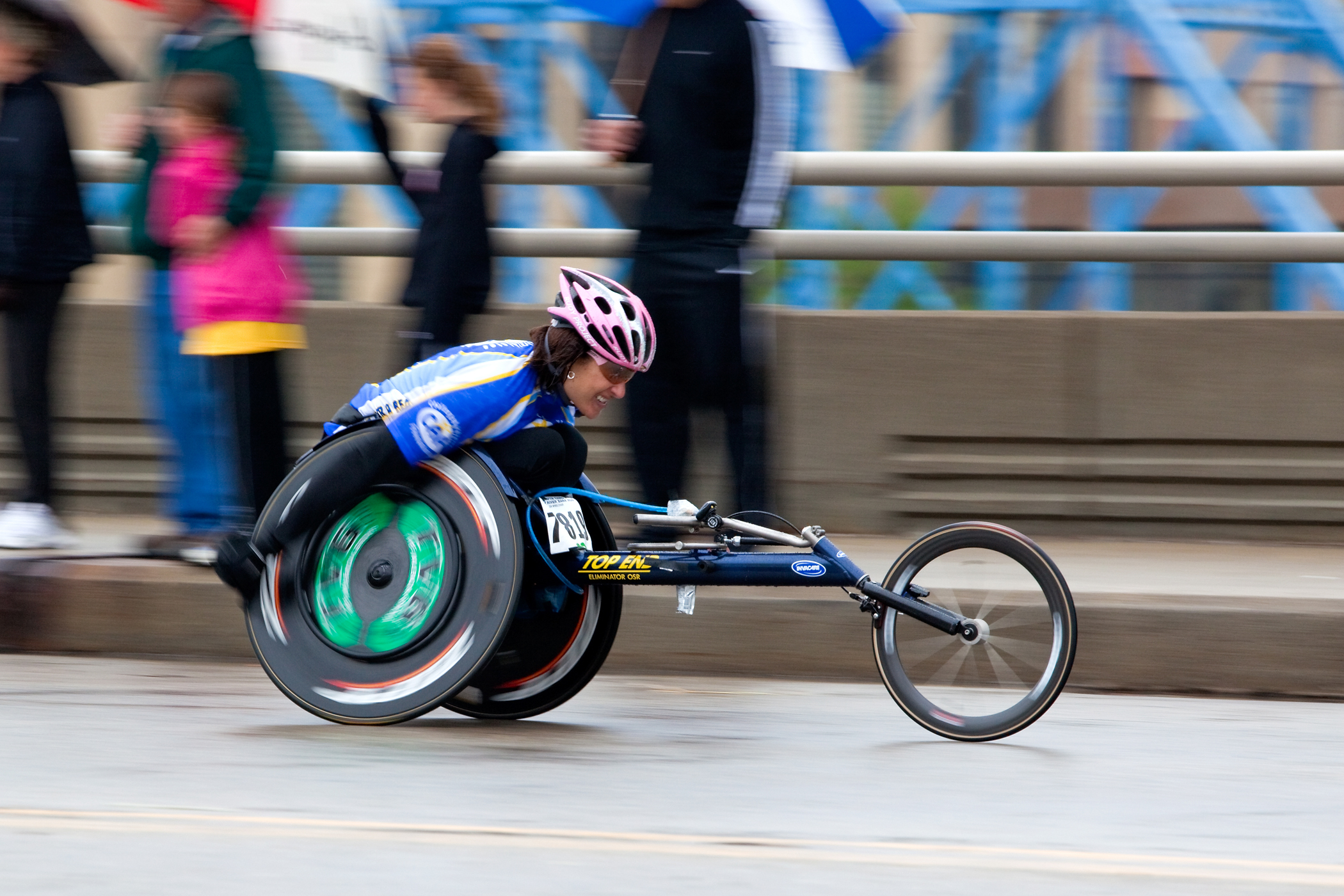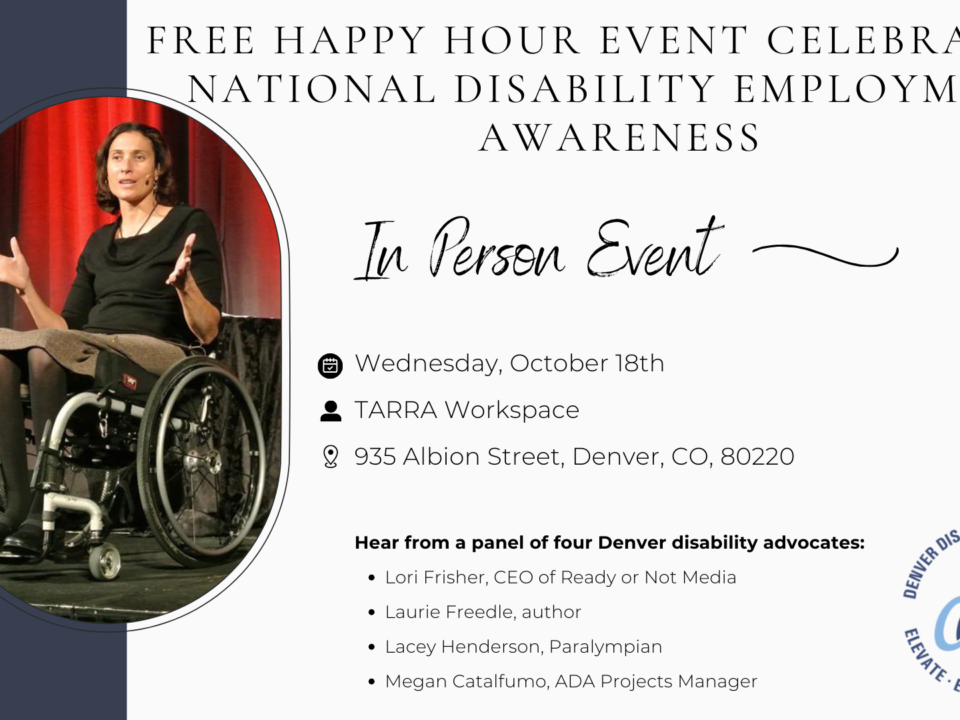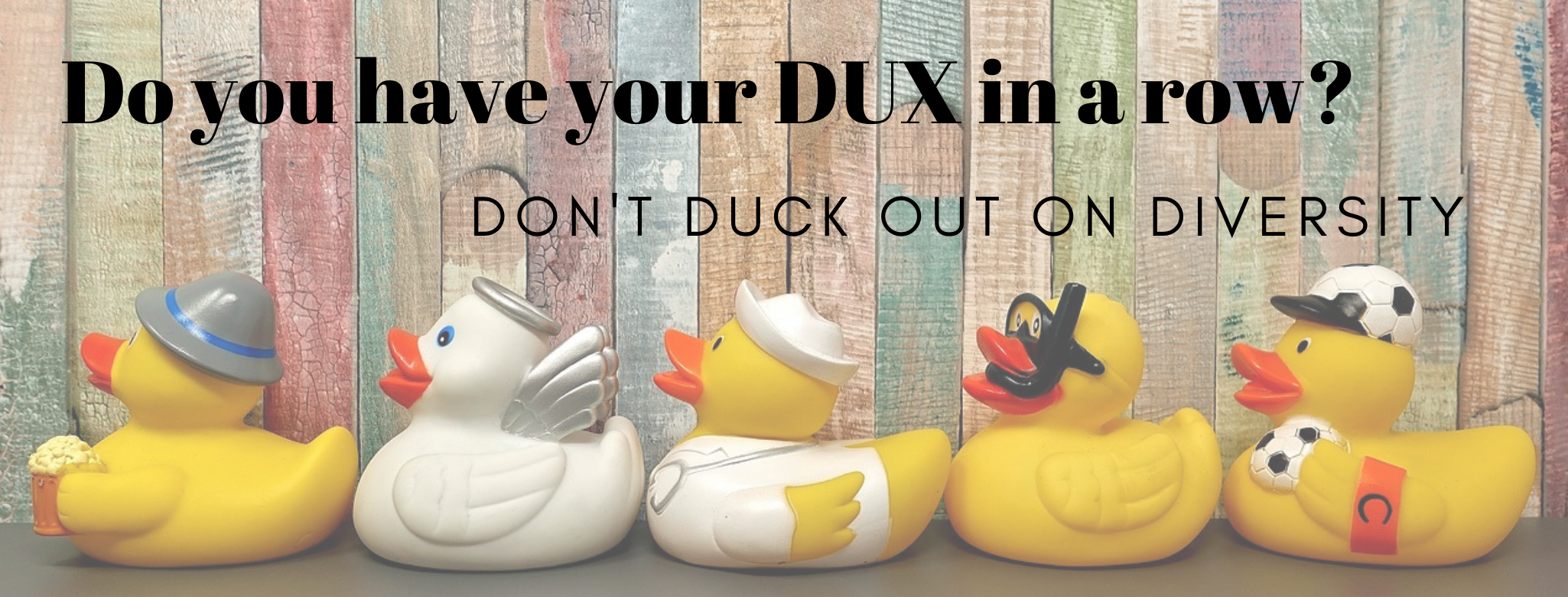Do you ever feel paralyzed by the fear of not being able to live up to the expectations or accomplishments of those around you? Have you tried to reach a goal but shied away from it because you thought you’d never be able to do it as well as someone else? Do you continually use others as your barometer for success?
The very act of comparing yourself to those around you is not only an ugly practice, but it damages your confidence and eventually keeps you from pursuing goals you are perfectly capable of reaching. Though it’s true looking around at the successes of your peers can often be daunting, their accomplishments need not be a factor in what you decide to pursue for yourself.
In my life, I’ve worked hard to surround myself with high performers. People who were smart, talented and motivated. But that can be a catch-22—finding yourself both inspired and intimidated at the same time.
How is it that being unique is our biggest asset yet our greatest insecurity? I believe it’s because from the beginning of our lives we learn to compare ourselves to judge who we are, and our supposed place in this world. It starts simply enough—who has more toys? Who is better looking? And continues on to comparing brains and bank accounts. And for what? Imagine a world in which we were all the same. Blah. Vanilla. (I mean, I like vanilla as much as the next gal, but what would the world be without mint chocolate chip or cookies and cream?)
So how do you quiet the noise of the outside world, when you are setting out to achieve the things that are meaningful in your life? You have to learn to focus onyou and most of us are not used to doing that.
Like many of my lessons, I learned to combat this problem on the field of play. I was in the middle of a cycling road race and was having a horrible day. The course was full of long, steep hills (not my forte) and I had ignored my pre-race prep the day before (not eating well or getting the right amount of sleep) and I bonked in the middle of the race. I felt devastated as I watched the field of cyclists pull away from me and leave me all alone in no man’s land. At that point, all I could do was put my head down and keep on pedaling in hopes I could get to the finish line before everyone had packed up and gone home. But as I was riding along another woman, who was competing in a different category, rode up next to me slowed down long enough to give me a few kind words of encouragement. She pedaled alongside my bike and started asking questions, “How’s your race going?” “How are you doing today?”
I looked her straight in the eye and said, “I suck! I can’t even keep up with the other racers.”
And to that she said, “You know, you can’t let just one race define who you are as an athlete. Besides that, you can only do what your body can do on a given day.” And then she gave me this advice. She told me to ride my own race.
That might not seem like the most powerful sentence you’ve ever read, but for me, it caused a complete change in my attitude. Both in that race and in my life.
Each of us comes to the table with distinct talents, interests, and abilities. We’re all traveling in different directions, but it’s easy to get confused and think that we should be doing what someone else has prescribed, or we try to emulate our idols or role models.
The truth however, is that we should be doing what our individual hearts desire, at a pace that is manageable, with results that are commensurate with our abilities.
This was especially difficult for me as I went through the most trying time of my life—becoming paralyzed, spending four months in the hospital and several years trying to get my life pieced back together. It seemed like the whole world was moving along in fast forward and I was going inch-by-inch. To keep perspective, I had to remember that life had handed me a completely different situation than most and I could only move at the pace that my body and mind could handle. In the end I learned that life is not meant to be a competition about who can get the furthest the fastest. Instead, it’s about the journey and how well you live it according to your rules. Each time I got frustrated with my progress or lack thereof, I had to remember to ride my own race.
So, I ask you to let this be your lesson. Don’t try to be what you think someone else wants you to be. Don’t try to do what someone else thinks you should do. If you look at your values, you’ll find your path and what satisfies your inner needs. When you’re busy worrying about what someone else is doing, you will always look to comparisons. However, when you believe in your goals and your personal mission, you will be so busy achieving the things that make your heart sing, you will cease to compare yourself with the outside world.
To stay true to your race, you must trust yourself and the path that you are traveling. Go ahead and pick your role models, certainly, but don’t make the mistake of thinking you should be just like them. Enjoy your experiences and talents. It’s good to have people to look up to, but also understand your unique qualities and the gifts you bring to the world. Stop keeping score.
Everyone’s life is going to follow a different path and be on a different timing system. It’s important to live within yourself. Some friends might become successful faster. Some might get married or have children or buy in cash the new car you have been saving up for, for years. You can’t judge your life on another person’s scale or you will never be happy. Besides, what works for others and “looks good on them” might not be right for you. Ultimately, happiness comes from the inside and what makes you happy is a decision only you can make.
Here’s your Redefining Able Action Plan:

- Take time to think about what is keeping you from riding your own race.
- Make a list of the things you value in your life. Are you living toward your own values or someone else’s?
- Spend some time figuring out the things that make you truly unique. Keep a list of the traits that help you stand out from the crowd and celebrate your differences.
- Remind yourself to be who you can be and do what you can do. Let go the thoughts, actions or goals that don’t serve you.
- When you begin to compare yourself to others, remember always to Ride Your Own Race.
Tricia Downing is recognized as a pioneer in the sport of women’s paratriathlon, which is the sport of triathlon for athletes with disabilities. She is the first female wheelchair racer to complete an Iron distance triathlon—1.2-mile swim, 112-mile bike, 26.2-mile run. She has competed in triathlon at all distances and both nationally and internationally, in addition to competing in marathons, duathlons and the sport of rowing. She is currently a member of the U.S. National Development Shooting Team, with her sights set on the 2020 Paralympic Games.
In 2009, Tricia founded Camp Discovery, a fitness camp for women in wheelchairs designed to promote health and healing on all levels—mind, body and spirit.
Tricia holds Masters degrees in both sport management and disability studies and is a motivational speaker. She wrote and published her memoir Cycle of Hope in 2010.
She lives in Denver, Colorado. Visit her website at: www.triciadowning.com





1 Comment
Great perspective, Tricia, thank you. I think the power of your message is applicable to all whether they are in sport or just in their own lives. I find it particularly hard to do with social media and you see people on vacation, being successful, showing the picture of how many times they’ve hiked the incline, whatever, and you’re not living up to the image of what is happening around you in the social media sense. I think it’s important to run your own race even in that context too.